Ghislaine Maxwell’s defence: Socialite’s fate depends on false memory, ‘Uncle’ Jeff’s affairs and a former Miss Sweden
‘Our client’s life is on the line,’ attorney tells court amid scramble to locate witnesses
Ghislaine Maxwell rose to her feet to address Judge Alison Nathan on Friday afternoon, finally answering a question that had lingered over her sex trafficking trial.
“Your honour, the Government has not proven its case beyond a reasonable doubt so there is no need for me to testify.”
Ms Maxwell appeared confident as she spoke, and has strenuously denied accusations of sex trafficking and abuse of minors ever since she was arrested in July 2020.
That belief in her own innocence belied an at times shambolic defence case which lasted less than two days, as her attorneys struggled to locate witnesses and argued with prosecutors over the length of time they had been given to prepare.
After suggesting they would call as many as 35 witnesses, Ms Maxwell’s defence called just eight.
They included an expert on false memory, Dr Elizabeth Loftus, two of Ms Maxwell’s former assistants, a former Miss Sweden, a travel agent boss and several FBI agents.
The defence tried to sow doubt in the jurors’ minds about the credibility of four accusers who testified that they were lured into Jeffrey Epstein’s orbit by Ms Maxwell and “served up” to be sexually abused.
Ms Maxwell, 59, has pleaded not guilty to charges she recruited and groomed young girls for Epstein to abuse during sexualised massages. The defence say she is a “scapegoat” for Epstein’s sex crimes. He killed himself in 2019 at the age of 66 while awaiting trial for sex trafficking.
In opening arguments, Bobbi Sternheim told the jury their case would rely on “memory, manipulation and money”.
But either through witness availability or otherwise, the defence case appeared to struggle to string together a cohesive narrative to counter charges that Ms Maxwell had enabled Epstein’s offending.
At the beginning of Friday’s proceedings, Ms Maxwell’s attorneys begged Judge Nathan for more time to locate witnesses.
One, an 81-year-old London bar owner, could only fly to the United States on Monday.
Another British man, named Alexander Hamilton, had contracted Covid and was unable to fly, and was apparently reluctant to testify over video link.

A third witness named Kelly was avoiding a subpoena, and Ms Maxwell’s lawyers asked for US Marshalls to force her to attend court.
An exasperated Judge Nathan asked why she was only being informed of these problems for the first time on Friday morning.
“There’s been a lot going on. To be honest your honour, it’s a lot of work,” defence attorney Laura Menninger said.
“We are flying people across the country, across the pond, our client’s life is on the line, and we are given only a half a day to put on a witness.”
Prosecutor Maurene Comey told the judge that the defence had more than enough time to arrange their witnesses during a five-day break in the trial.
“We strongly disagree with the suggestion that the defence counsel has been unduly rushed here,” she said.
When the case did get underway on Friday, the defence called FBI agent Jason Richards, who testified briefly about an interview he had taken with the accuser “Carolyn” in 2007.
Then came Amanda Young, the prosecution’s criminal case manager, who testified for about 30 minutes about several interviews she had done with the accuser known as “Jane”.
Afterwards Dr Eva Andersson-Dubin took the stand.
Wearing a black jacket, black trousers and with shoulder length blonde hair, the former Miss Sweden told the court she had been in an on-off relationship with Epstein between 1983 and 1991.
She said she married billionaire financier Glenn Dubin in 1994 and the couple had three children, two girls now aged 27 and 20, and a boy who is now 25.
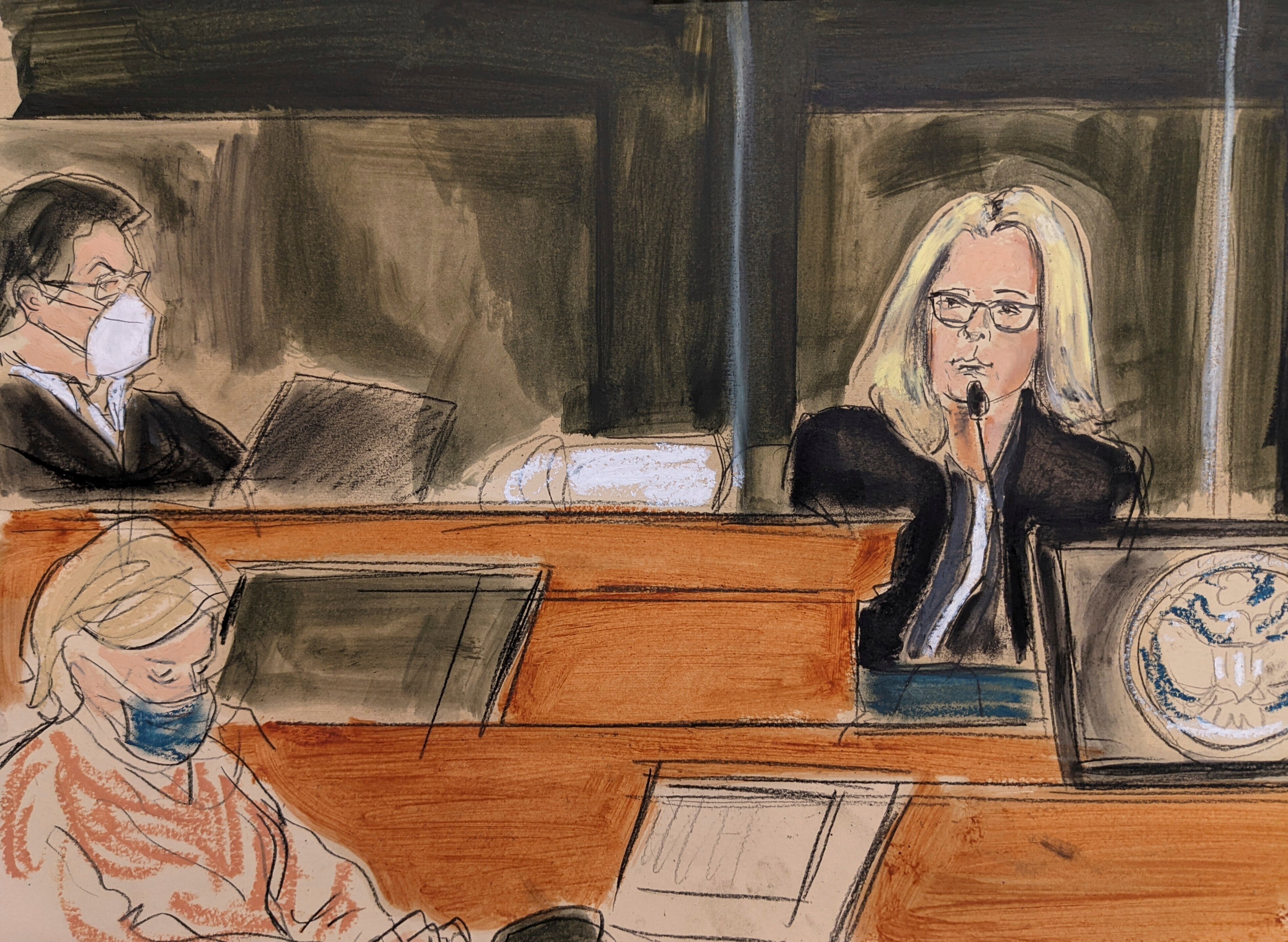
Defence counsel Jeffrey Pagliuca asked Ms Andersson-Dubin about her children’s relationship with Epstein.
She said all three children were fond of Epstein and called him “Uncle F”.
“Were you and Mr Dubin comfortable with the relationship between Mr Epstein and your children?” Mr Pagliuca asked.
“Yes we were.” she replied, adding she had never seen any inappropriate behaviour involving Epstein.
She was shown pictures of her two daughters with Epstein, which were not shown to the public. On both occasions she replied: “I have never seen this photo before.”
Mr Pagliuca then asked Ms Andersson-Dubin about private jet flights she had taken with Epstein in 1994, 1995 and 1998, and was shown flight logs from pilot David Rodgers.
She was shown a picture of “Jane”, the first accuser to give evidence for the prosecution. “I do not recall ever meeting this person,” she said.
Jane testified she had been forced to participate in “orgies” and “sexualised massages” when she was underage with at least five “tall, thin” women who she believed were models.
One of them was called “Eva”, another was called “Michelle”, Jane testified.
In court on Friday, Mr Pagliuca asked: “I apologise for asking this question, have you ever been in a group sexual encounter with the person we are calling Jane?”
Ms Andersson-Dubin replied: “Absolutely not.”
“Have you ever been in a group sexual massage with Jane?”
“I have not,” she said.
Under cross-examination from Alison Moe, Ms Andersson-Dubin was asked about her memory.
“It’s very hard for me to remember anything far back and sometimes I can’t remember things from last month. My family notices it, I notice it. It’s been an issue.”
Ms Andersson-Dubin was also asked about whether she thought Epstein and Ms Maxwell were in an open relationship.
“I can’t really say whether I knew whether they did or did not.”
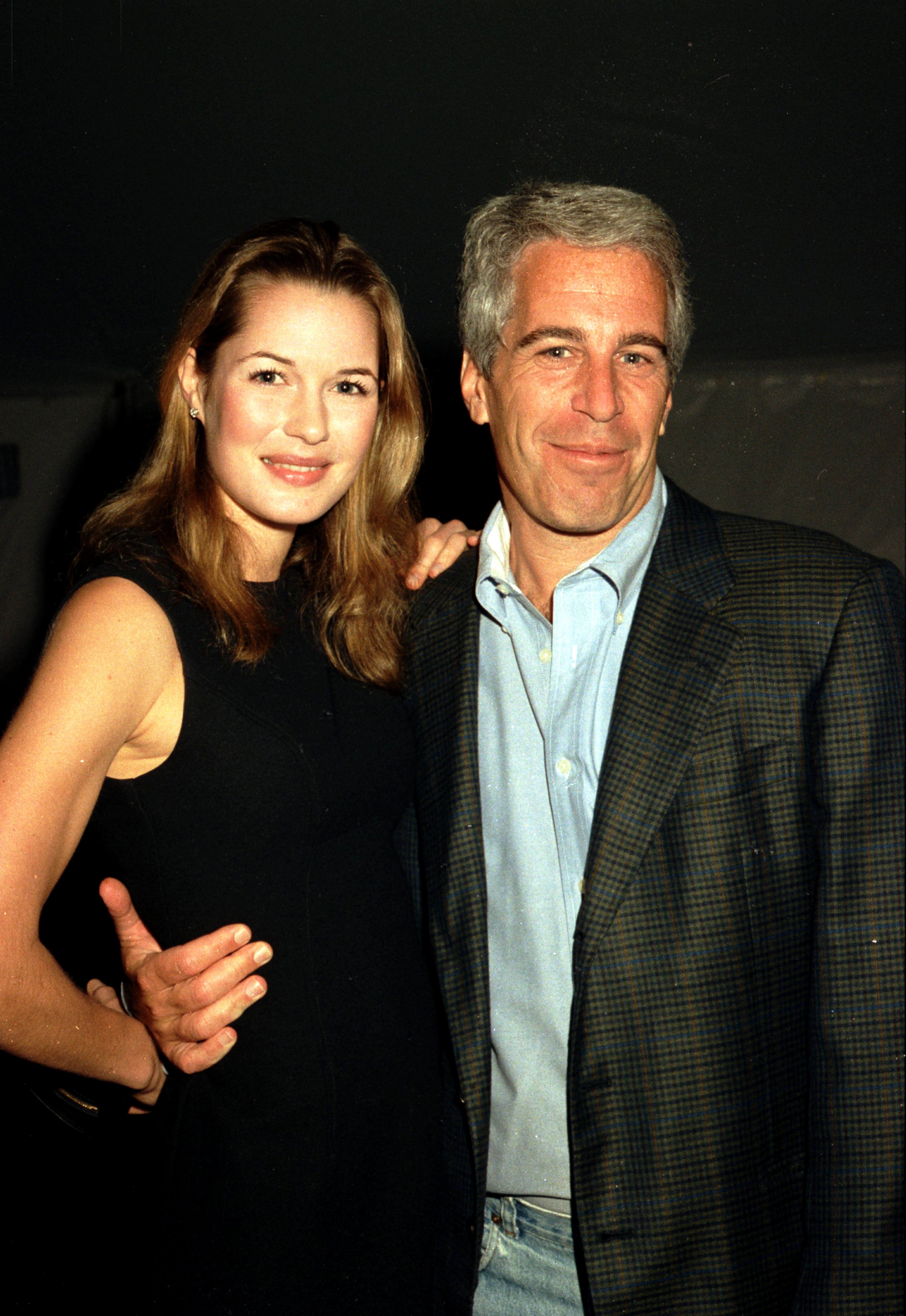
The next witness was Michelle Healy, 47, who worked in Epstein’s Madison Avenue office from 1996 to 1999.
She said her role was to assist Ms Maxwell running the properties, and she would deliver documents and help out around the office.
Of Ms Maxwell, Ms Healy said: “She was fantastic. She taught me a lot. I respected her and she was tough but she was great.”
She said she recognised Jane’s real name and that she knew her to be Epstein’s goddaughter.
Laura Menninger asked: “Were you ever involved in any group sexual massages with Jane?”
“Absolutely not,” Ms Healy replied.
“Were you ever involved in any group sexual massages with Jeffrey Epstein?”
“Absolutely not.”
Under cross examination, Ms Comey asked her pointedly: “Are you the only Michelle in the world?”
“I hope not,” she replied.
“Do you know the first name of every other person Jeffrey Epstein worked with in the late 1990s?”
“No,” Ms Healy said.
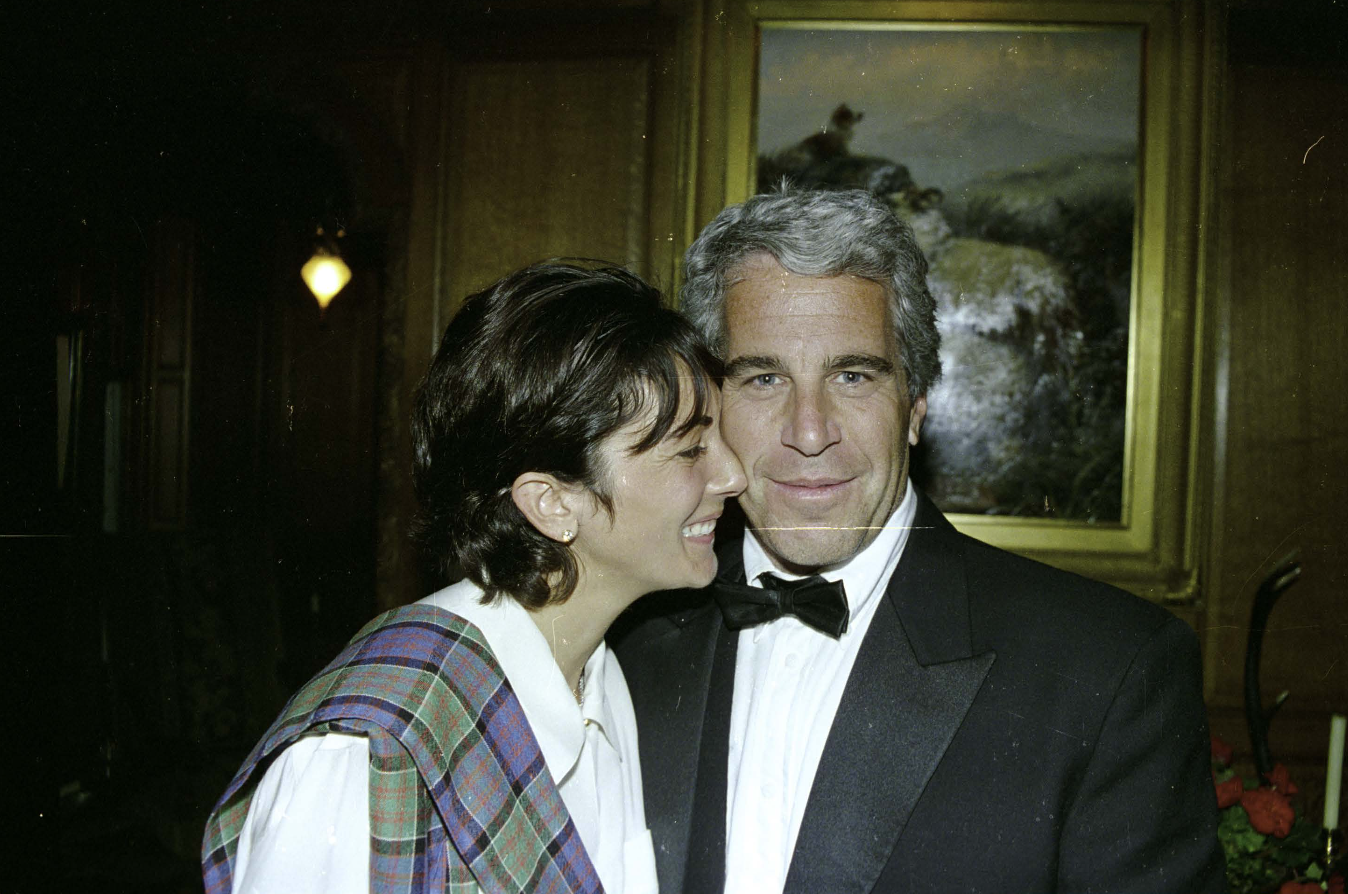
On Thursday, Ms Maxwell’s former assistant Cimberley Espinosa testified that she recalled seeing a procession of young women turn up to Epstein’s Madison Avenue office including Celina Midelfart, a Norwegian cosmetics heiress who also once dated Donald Trump.
Ms Espinosa said she ordered flowers for Ms Midelfart on Epstein’s instructions during the late 1990s when he was also in a relationship with Ms Maxwell.
Christian Everdell, for the defence, asked if she thought Epstein and Ms Midelfart were together.
“I felt they were a couple,” Ms Espinosa replied, adding it could have been “concurrent for a little bit of time” during the period Ms Maxwell and Epstein were dating.
Ms Espinosa said even though she was Ms Maxwell’s assistant, the socialite was apparently not aware she had purchased flowers for Ms Midelfart.
She also recalled Gwendolyn Beck, a former girlfriend of Epstein’s, and Shelley Lewis, visiting Epstein’s Madison Avenue office.
Ms Espinosa also testified that she met a key accuser in the case – who gave evidence under the pseudonym “Jane” – when she visited Epstein’s New York City office “a few times” in the late 1990s.
She said Jane appeared to be 18 years old.
Asked about Ms Maxwell’s relationship with Epstein, Ms Espinosa said when she first started working for the socialite “they were a little flirty” and “behaved like a couple”.
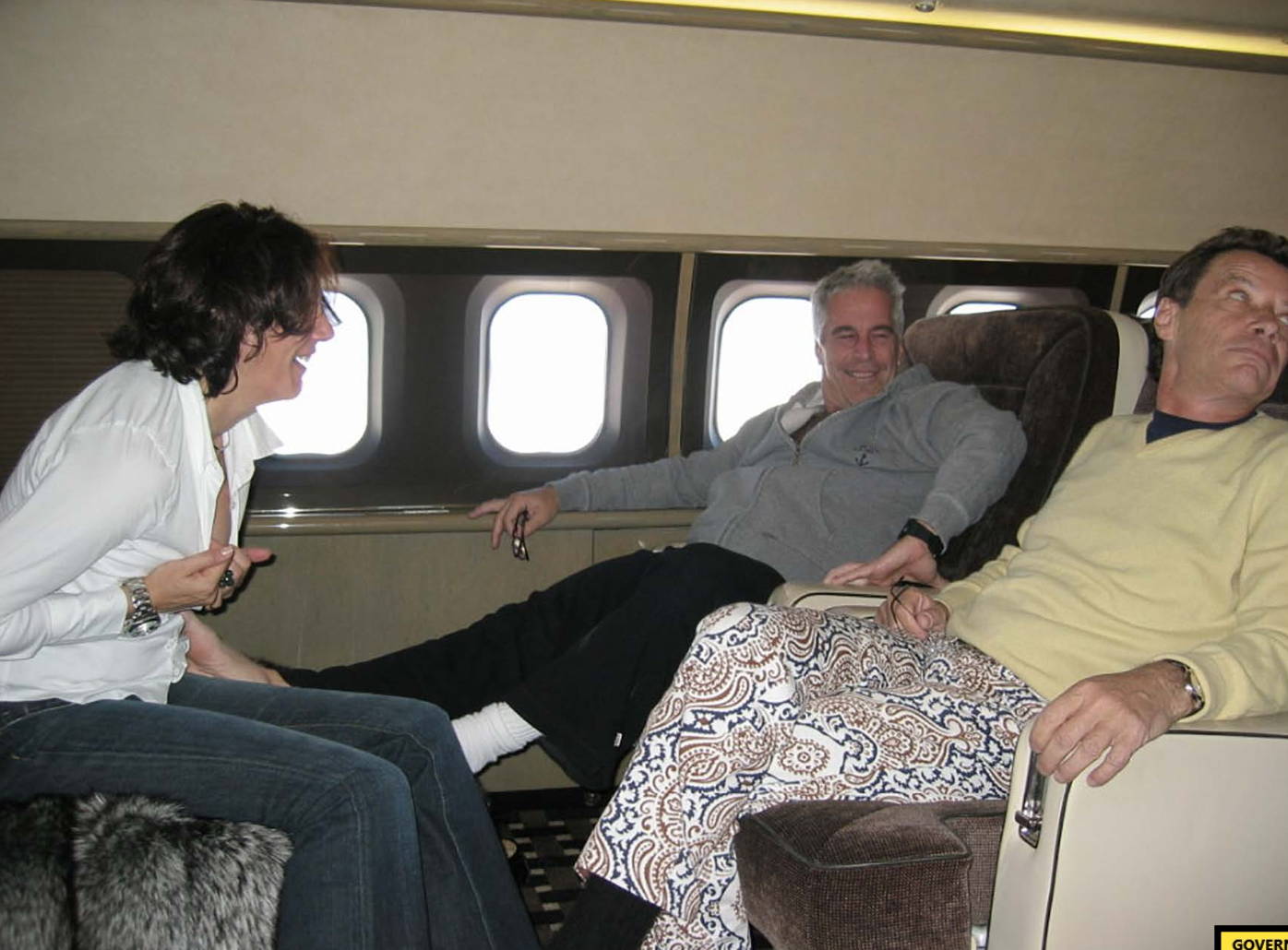
Later, psychologist Elizabeth Loftus, a professor at the University of California, Irvine, testified about the nature of “false memories”.
Dr Loftus has spent decades researching “the nature of memory” and said human recollection could be unreliable, especially when it involved traumatic experiences that occurred a long time ago.
“One thing we know about memory is that it doesn’t work like a recording device,” the psychologist told the court.
The defence was seeking to cast doubt on the testimony of four accusers who said Ms Maxwell was a key enabler of Jeffrey Epstein’s abuse and in some cases participated in the offending.
People can grow attached to false memories in a way that “they can be confident about them, they can be emotional about them, even when they’re false”, she added.
Dr Loftus has testified in over 300 cases, including the trials of Harvey Weinstein, Robert Durst, OJ Simpson and Bill Cosby.
Under cross examination, Dr Loftus said she was being paid $600 an hour.
The defence has rested its case, and closing arguments will begin on Monday.


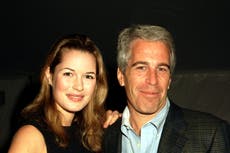
Bookmark popover
Removed from bookmarks